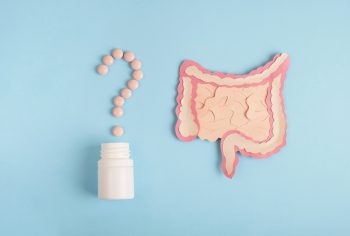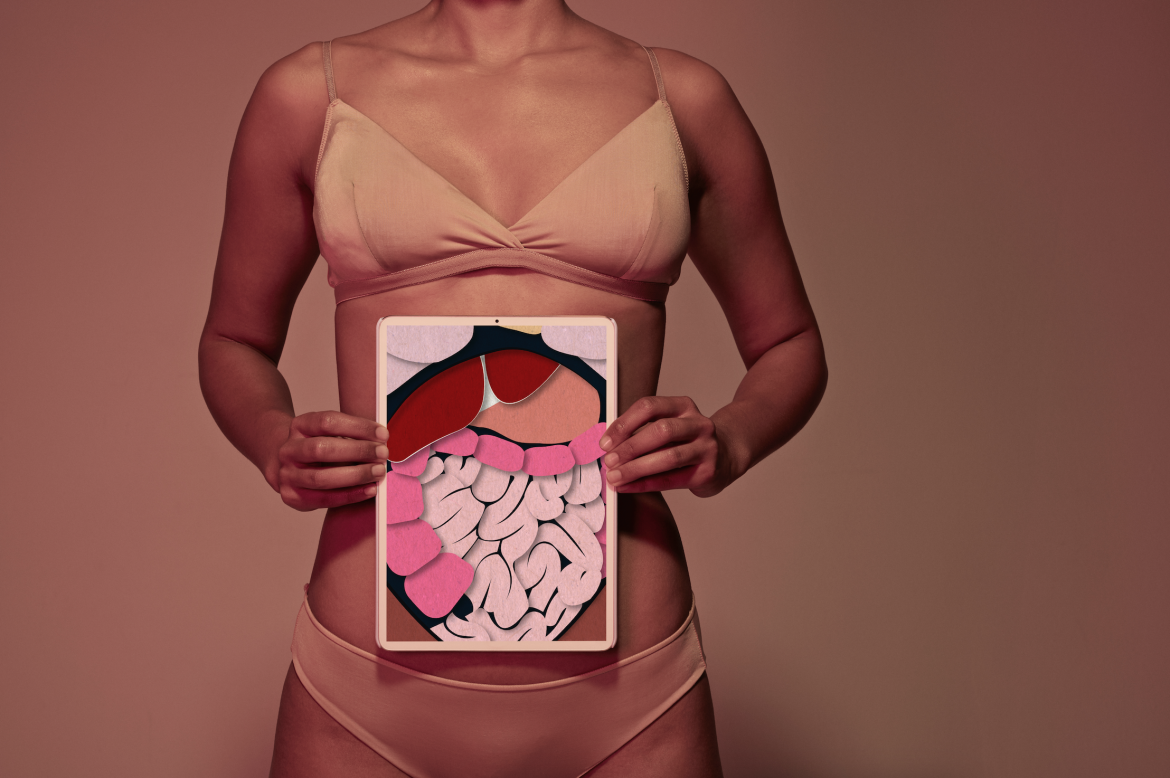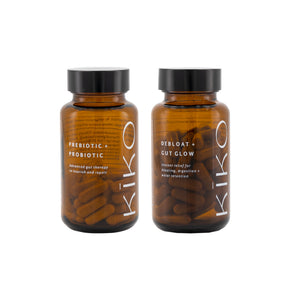The human body is an intricate ecosystem where trillions of microorganisms reside, including bacteria, fungi, and viruses. Among these, the gut microbiome plays a big role in maintaining our overall health.
However, when an imbalance occurs within this delicate ecosystem known as ‘gut dysbiosis’ it can have far-reaching consequences on our health and well-being.
What is gut dysbiosis, how is it caused, and what should you look out for? Let’s get into it.
What is gut dysbiosis?
The gut microbiome comprises diverse communities of hundreds and thousands of microorganisms, residing primarily in the large intestine. A healthy gut plays a vital role in digestion, metabolism, immunity, and mental health.
Gut dysbiosis refers to an imbalance or disruption of this complex microbial community, where harmful or pathogenic microorganisms outnumber beneficial ones in your gastrointestinal (GI) tract, including your stomach and intestines.
According to Healthline, dysbiosis isn’t just limited to the gut, it’s also common on skin.
It can be caused by exposure to harmful bacteria or an overgrowth of a single type of bacteria, like staphylococcus aureus bacteria which can grow out of control and lead to a staph infection or gardnerella vaginalis bacteria which overtakes healthy bacteria in the vagina causing vaginal burning, itching, and discharge.

Getty
ALSO SEE: Your vagina as it ages: a timeline from your 30s to 60s
What are the causes of gut dysbiosis?
Poor diet: How we nourish our bodies matters! A diet high in processed foods, refined sugars, and low in fiber can disturb the microbial balance in the gut, promoting the growth of harmful bacteria.
Antibiotic use: While antibiotics target and eliminate harmful bacteria, they also disrupt the beneficial bacteria in the gut, leading to dysbiosis. Prolonged or frequent antibiotic use can have a long-lasting impact on gut health.
Chronic stress: Elevated stress levels can alter gut motility, decrease blood flow to the digestive system, and disrupt the gut-brain axis, impacting the composition of the gut microbiome.
Environmental factors: Exposure to pollutants, toxins, and certain chemicals can disturb the delicate balance of the gut microbiota, contributing to dysbiosis.

Getty
ALSO SEE: Endocrine disruptors wreak havoc on your body, here’s why
Symptoms of gut dysbiosis
Gut dysbiosis can manifest in various ways, and the symptoms may vary from person to person. Some common signs of gut dysbiosis include:
Digestive issues: Persistent bloating, gas, abdominal pain, diarrhea, or constipation are often associated with gut dysbiosis.
Weakened immune system: An imbalanced gut microbiota can compromise the immune system, leading to increased susceptibility to infections and allergies.
Mood disorders: Emerging research suggests a strong connection between gut health and mental well-being. Gut dysbiosis may contribute to symptoms of anxiety, depression, and even cognitive decline.
Skin problems: Skin conditions like acne, eczema, or rosacea may be linked to an unhealthy gut microbiota.
ALSO SEE: I’ve found two great products for sensitive skin
How to restore balance to your gut
According to Healthline, some effects of dysbiosis, such as stomach upset, are temporary and mild. In many cases, your body can correct the imbalance without treatment. However, if your symptoms become more serious, you must see your doctor for diagnosis.
There are several approaches that can assist in restoring a healthy balance to the gut microbiota:
Balanced diet: A diet rich in whole foods, high in fiber, and diverse in plant-based sources can promote the growth of beneficial bacteria. Include prebiotic-rich foods such as onions, garlic, asparagus, and fermented foods like yoghurt, sauerkraut, and kimchi.
Probiotic supplementation: Adding probiotics, either through supplements or probiotic-rich foods, can introduce beneficial bacteria into the gut and help restore microbial balance.
Reduce stress levels: Incorporate stress management techniques such as meditation, yoga, regular exercise, and sufficient sleep to support a healthy gut-brain axis.
Avoid overuse of antibiotics: Whenever possible, discuss with your healthcare provider the possibility of targeted or narrow-spectrum antibiotics to minimise the impact on gut microbiota. Always consult your healthcare professional.
Address environmental factors: Minimise exposure to pollutants, chemicals, and toxins by opting for natural and organic products whenever feasible.
Top 3 gut-balancing products to try:
Try: Rawbiotics Daily Balance 500ml for R214.00.

Try: JOOCE Digestive Enzymes & Probiotic for R240.00.
Try: Kiko Vitals Heal Your Gut Duo for R818.00
Gut dysbiosis is a condition that can significantly impact our overall health and well-being. By understanding its causes, recognizing the symptoms, and implementing strategies to restore a healthy gut microbiome, we can take proactive steps towards better digestive health, enhanced immunity, and improved mental well-being.
ALSO SEE:
Feature Image: Getty



